Very hot days and heat waves are increasing during the summer in Athens! They are increasing in intensity, frequency and duration, due to climate change. The Municipality of Athens is preparing and shielding itself through a series of initiatives for a #CoolAthens.
Few, especially in the Mediterranean countries, recognize that exposure to heat seriously endangers our health. Although heatwaves are the deadliest extreme weather event, its danger is still widely underestimated.
Και η ζέστη ανεβαίνει!
The elderly, babies and young children, nursing and pregnant women, outdoor workers and those employed in physically demanding jobs, the homeless, and people with chronic diseases are more vulnerable. Keep them in mind, they are in serious danger!
We are all at high risk in heat waves! Get informed!
Classification of heatwaves
The Municipality of Athens informs and protects!
The Municipality of Athens, in collaboration with the Athens Observatory, the Arsht Rock Resilience Center, and 5 other international cities, as well as with the contribution of world-renowned scientists, started last year to "categorize" heat waves! Just as there are categories for wind intensity or bad weather, there are now categories for heat waves, the most dangerous extreme weather phenomenon for our health, which we record and evaluate!
The categorization system is based on an algorithm developed specifically for the city of Athens, through the correlation of two decades of historical weather data and mortality data from ELSTAT.
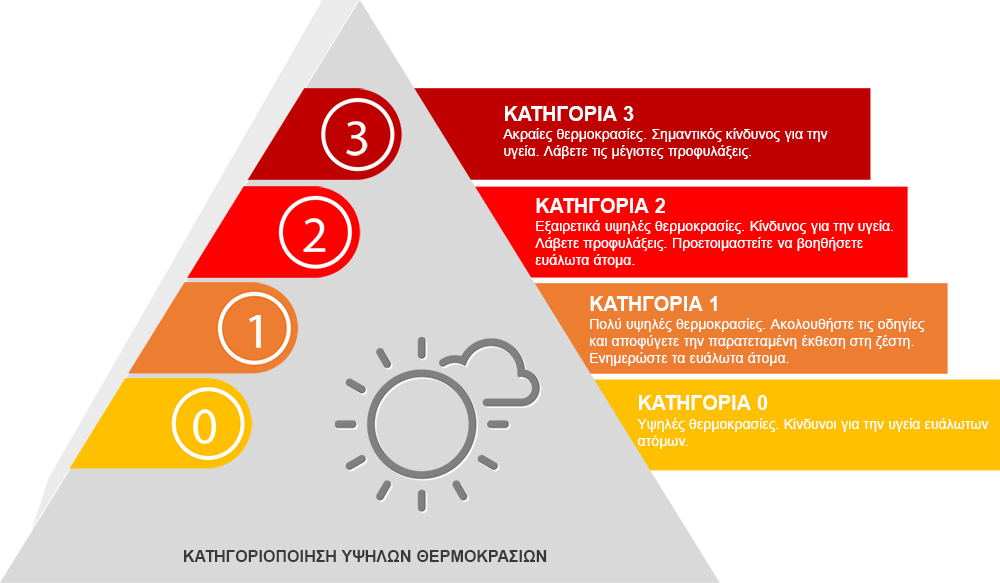
Actions of the Municipality
for Athenian heatwaves
Survival guide for Athenian heatwaves
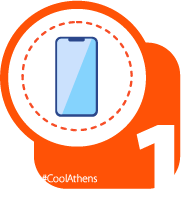
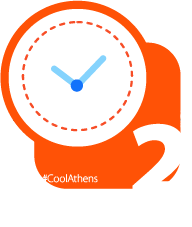
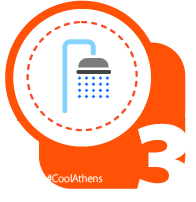
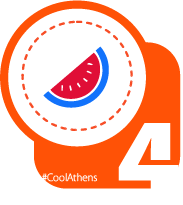
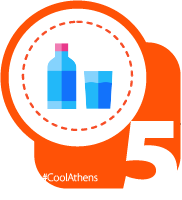
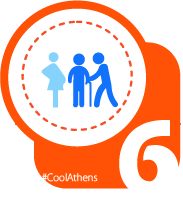
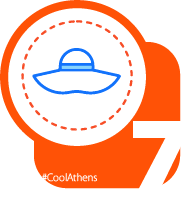
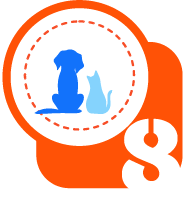

A cooler house on very hot days!

Close curtains, blinds and shutters, and make sure windows are completely shut in the morning before the temperatures start to rise, especially on the sides of the house where the sun falls. Close the external awnings on balconies as well.

Open the windows in the evening when it is cooler outside. Try to get drafts into the house early in the morning and late at night. Raise the awnings to let the air move.

Stay at home, if possible, and don't go out during the hottest hours of the day, which are from 11.00 a.m. until 6.00 p.m.

Keep a room cooler with a fan or air-conditioner. Keep the room as tightly sealed as possible so that no cool air is lost through half-open windows or under doors.

Turn off lights and any other electrical items you don't need that use energy. Use the washing machine in the evening.

Prepare light and cool meals that can be made without much time in the oven or on the stove.

If you can't cool off at home, go to an air-conditioned public place and stay there for at least 2 hours a day to cool down your body temperature.
How to help someone having a heatstroke